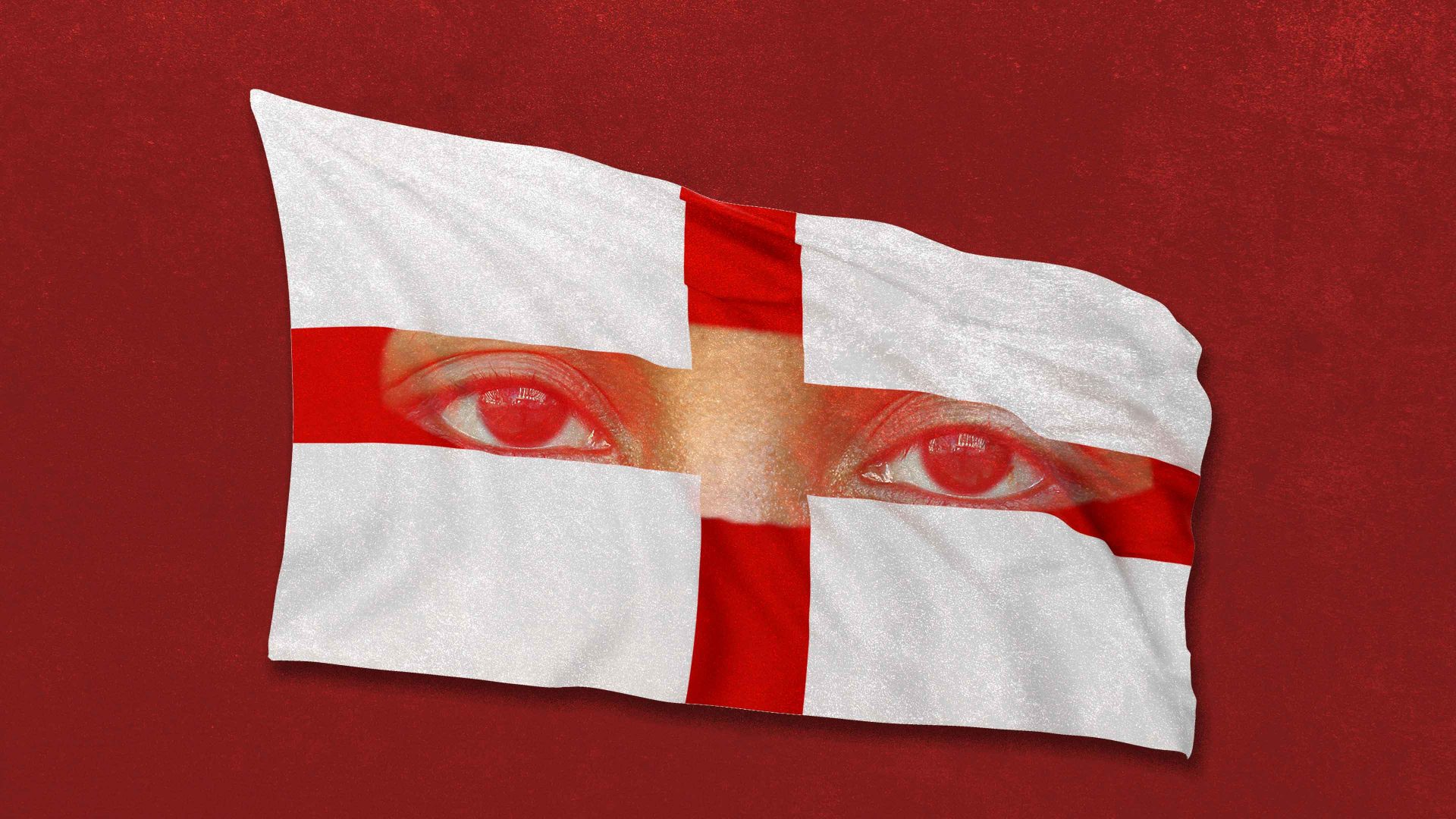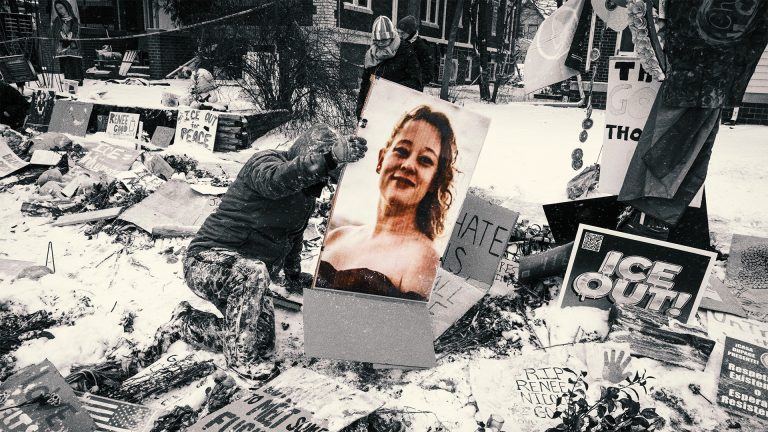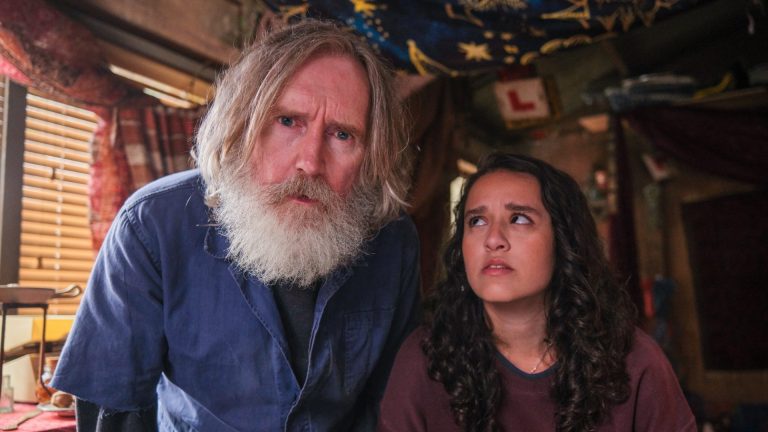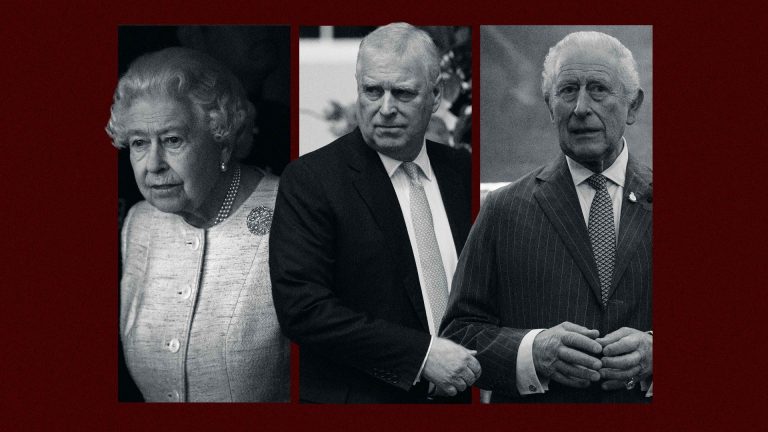Half of Britons think Islam is incompatible with British values. 41% think Muslim immigrants have had a negative impact on the UK, and almost a third believe that Islam promotes violence. These are not archive figures from some post-9/11 study, but findings of a recent YouGov poll.
Shocked, surprised? I’m certainly not. What’s more baffling to me than this survey is the way the media has reported the results – as though the idea that islamophobia is both widespread and embedded in the British psyche is some odd notion that has appeared out of thin air. I don’t need statistics to tell me that, as a visibly Muslim woman, I symbolise everything that a significant portion of the nation sees as anti-British because this is my lived experience everyday – whether on a systemic level or in the form of a racist slur in the street.
And I definitely don’t need headline figures to warn me that things are getting worse: now, at the age of 30, the Islamophobia I experience feels more acute, and more normalised, than it’s ever been before.
Islamophobia is no longer an extreme belief held by only the fringes of society. It has been manufactured and heightened by successive governments and is now a central pillar of our national politics, exhibited by politicians on almost all sections of the political spectrum. And unlike the early noughties, it no longer even claims to be tied to the (albeit problematic) claim of countering extremism.
We are living in a time in which all anti-migrant sentiment has been reborn into a specific hatred for Muslims. What was once packaged as a war on”‘Islamism” or an aversion to so-called “extreme Islam” is now just a belief that Muslims in general are incompatible with Britain. The Muslim is the ultimate bogeyman – the villain responsible for all problems, both foreign and domestic.
And the most convenient part is that even defining Islamophobia has been rendered tantamount to a blasphemy law, meaning Muslims forgo the entrenched protection afforded to other forms of discrimination like antisemitism or homophobia. If we once spoke about Islamophobia passing the dinner table test, now it feels more like the legs holding the entire dining table up.
The Islamophobia experienced by me and the Muslims I know is varied and all-encompassing, underpinning everything about how we exist in public in Britain. We see it at a systemic level.
40% of all Muslims live in the five most deprived areas, half of all Muslims live in poverty, and we have the lowest average hourly earnings. Muslim women wait longer for health treatment than other groups and are routinely dismissed and disbelieved – something I saw just recently when I went to the GP complaining of excruciating stomach pain and was advised to cut out spicy food and oily curries before later ending up in A&E and having an entire organ removed.
Likewise, Muslim women report some of the worst experiences of maternity care, being less likely than the general population to receive the pain relief they ask for and more likely to experience fatal outcomes like postpartum haemorrhage. Job applicants are three times less successful when their name is identifiably Muslim, and we experience higher than average unemployment rates thanks to a “Muslim penalty” in the job market.
Suggested Reading
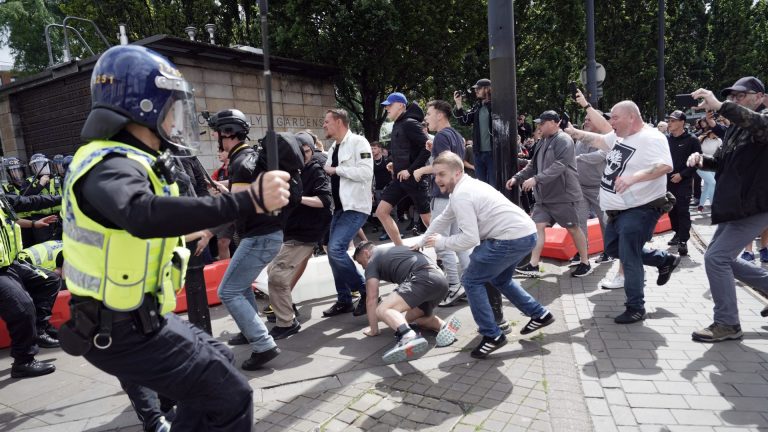
A veil of hypocrisy
In recent years, I have lost count of the number of culture wars that have been stoked with Muslims at the centre. Kids taking five minutes to pray in school became a debate about banning all displays of Muslimness in public institutions (incidentally, I appeared on TV defending the right of students to pray at school and still receive death threats and messages telling me to ‘go back home’ to this day). The grooming gang scandal turned into a blanket excuse to demonise all Muslim men as child abusers and rapists, despite evidence showing that most perpetrators are white.
Muslim citizens exercising their democratic right to vote for independent candidates in the 2024 election were accused of sectarianism and voting with foreign conflicts in mind instead of the national interest. And, of course, anytime politicians want to broaden their far right fanbase they randomly decide to call for the burka to be banned, rendering covered Muslim women like me actively unsafe in the process (when Boris Johnson likened the niqab to letterboxes in 2019, Islamophobic incidents rose by 375%.)
Sometimes, though, it’s the unspoken things that grind you down – the icier treatment in a shop than the person before you, the loaded tuts and muttered comments when my children are a little too noisy in public, stopping for petrol and being met with a whole wall of sensationalist headlines once again demonising people like me. The lingering eyes on our religious dress, the refusal to correctly pronounce our names correctly, constantly apologising for ourselves at work or in school.
There’s only so many times you can hear that your local mosque has been egged or that another pig’s head has been planted outside a Muslim school before you realise that Islamophobia has reached the point of objecting to our existence itself.
It has become depressingly normal every time that a violent anti-migrant rally erupts somewhere around the country for Muslim friends and family to warn each other not to go out, or to make themselves less identifiable. Friends of mine wore hats instead of hijabs to conceal their visible Muslimness in the aftermath of last summer’s race riots – some stopped covering their heads altogether. While those defending these rallies claim they are about illegal immigration or protecting women and girls from abuse, you only need to look at the way they targeted mosques, halal takeaways and anyone visibly Muslim to see what they are really about.
As the western world laments its declining birth rate and the great replacement theory has embedded itself in mainstream political discourse, we have seen another way in which Muslims are posed as the ultimate threat to the nation rather than an integral part of it. Whether it’s hysteria every time the name Muhammad tops the baby boy names of the year, comments in the House of Lords about Muslim “radicalsQ taking over Britain through the “power of the womb”, or yet another study that predicts Britain will be majority Muslim in the future – we are bombarded with the realisation that our children and grandchildren are unwelcome before they’re even born.
In recent times, Islamophobia has become a tool to criminalise legitimate criticism of Israel. We have seen Palestine supporters demonised as extremists and antisemites – and despite people of all backgrounds criticising Israel’s war crimes, some protestors have been deliberately racialised as Muslim in the public perception – accused of being foreign actors chanting “jihad” and inciting violence – to paint Palestine as the fringe concern of extreme Islamists and in direct opposition to everything it means to be British.
Visible support for Palestine has become not just a symptom of supposed extremism but also a magnet for Islamophobia. Friends of mine have received Islamophobic abuse for wearing Keffiyehs or Palestine badges on the Tube, footage has circulated online of people being heckled for carrying placards on the way back from protests and anything critical of Israel that Muslims with large platforms post on social media is met with a host of racist abuse. In the wake of the proscription of Palestine Action, it feels like Islamophobia aimed at those visibly advocating for Palestine is sanctioned as in the public interest.
Everything in our contemporary politics is imbued with a simultaneous fear and hatred of Muslims that makes things feel so hostile for us right now. The media and politicians have manufactured a climate in which Muslims are to blame for everything, and everywhere we turn, we are met with the accusation that we are a problem to be curtailed.
Anybody surprised that people in Britain hold such anti-Muslim views hasn’t been paying attention.
Nadeine Asbali is the author of Veiled Threat: On Being Visibly Muslim in Britain

